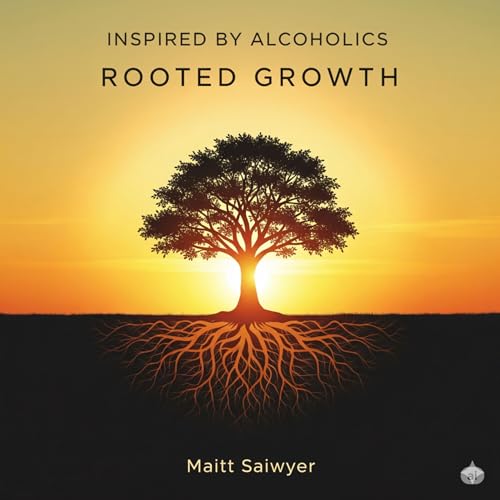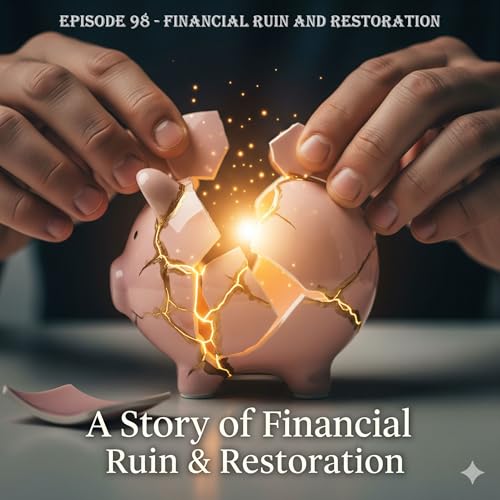
Inspired by Alcoholics: Rooted Growth
Failed to add items
Sorry, we are unable to add the item because your shopping cart is already at capacity.
Add to basket failed.
Please try again later
Add to Wish List failed.
Please try again later
Remove from Wish List failed.
Please try again later
Follow podcast failed
Unfollow podcast failed
-
Narrated by:
-
By:
-
Maitt Saiwyer
About this listen
Welcome to Inspired by Alcoholics: Rooted Growth, your home for honest nourishing conversations about recovery, hope, and the journey of Alcoholics Anonymous. Each episode, we unpack the principles, stories, and enduring wisdom of the AA fellowship. Whether you're a long-time member, new to the rooms, or simply curious about the path to a sober, meaningful life, you'll find connection and understanding here. Join us as we explore the challenges and the incredible promises of recovery, one day at a time. Check out our Custom-GPT https://tinyurl.com/aa4ai
Copyright 2025 All rights reserved.
Episodes
-
 Oct 12 202521 mins
Oct 12 202521 minsFailed to add items
Sorry, we are unable to add the item because your shopping cart is already at capacity.Add to basket failed.
Please try again laterAdd to Wish List failed.
Please try again laterRemove from Wish List failed.
Please try again laterFollow podcast failed
Unfollow podcast failed
-
 Oct 12 202525 mins
Oct 12 202525 minsFailed to add items
Sorry, we are unable to add the item because your shopping cart is already at capacity.Add to basket failed.
Please try again laterAdd to Wish List failed.
Please try again laterRemove from Wish List failed.
Please try again laterFollow podcast failed
Unfollow podcast failed
-
 19 mins
19 minsFailed to add items
Sorry, we are unable to add the item because your shopping cart is already at capacity.Add to basket failed.
Please try again laterAdd to Wish List failed.
Please try again laterRemove from Wish List failed.
Please try again laterFollow podcast failed
Unfollow podcast failed
No reviews yet
In the spirit of reconciliation, Audible acknowledges the Traditional Custodians of country throughout Australia and their connections to land, sea and community. We pay our respect to their elders past and present and extend that respect to all Aboriginal and Torres Strait Islander peoples today.



